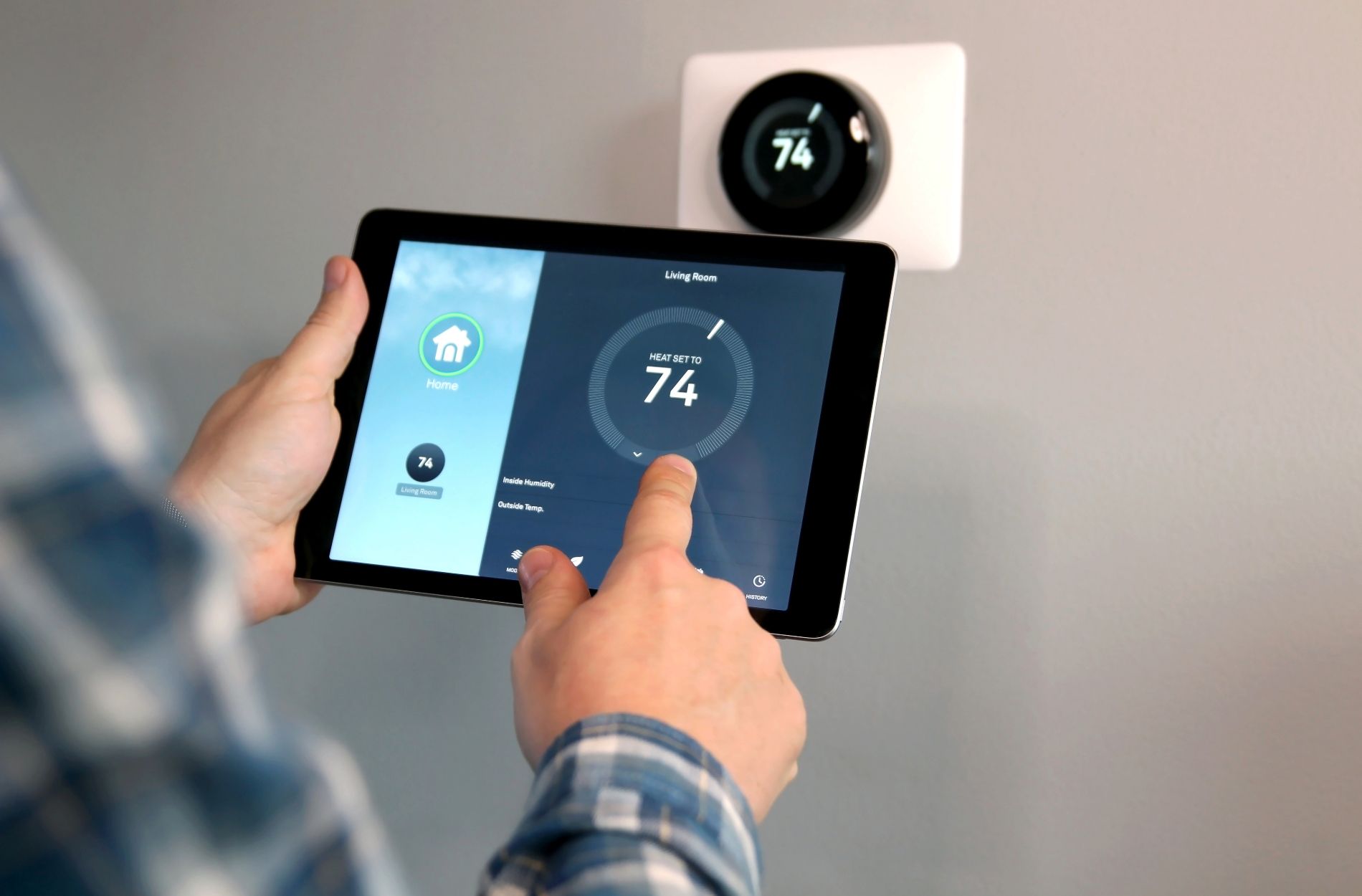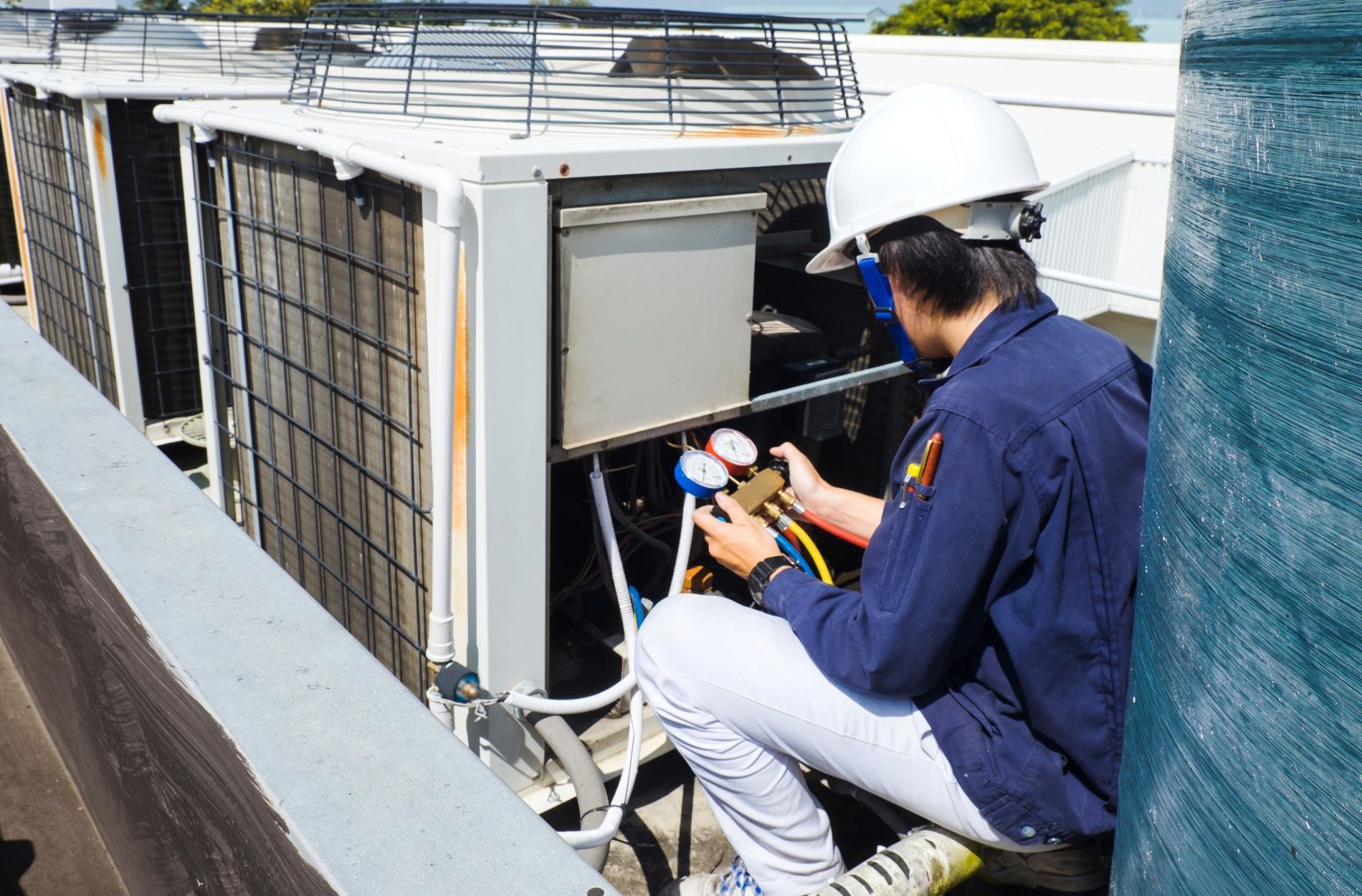Preparing Your HVAC System for Winter: Expert Tips from Anytime Heating & Air
As winter approaches, it is essential for homeowners to prepare their HVAC systems for the chillier months to ensure comfort, reliability, and cost-effective performance. Given the increased demand placed on your heating system during winter, proper maintenance and preparation are crucial to avoid unexpected breakdowns and excessive energy consumption.
At Anytime Heating & Air, our team of experienced technicians is committed to providing the highest-quality HVAC services to keep your heating system operating efficiently and effectively throughout the winter season. We understand the unique challenges and importance of maintaining a comfortable and warm home during cold weather and are ready to work with you to optimize your HVAC system for superior performance.
In this blog post, we will share expert tips and strategies for preparing your heating system for the winter months, including routine maintenance tasks, energy-efficiency measures, and how to identify potential issues that may require professional assistance. By following these recommendations and partnering with our knowledgeable technicians, you can ensure a comfortable and reliable home environment while maximizing energy efficiency during the winter season.
Schedule Professional Maintenance Before Winter Arrives
One of the most critical steps in preparing your HVAC system for winter is scheduling professional maintenance to ensure optimal performance and efficiency:
1. Annual Inspection: Having a thorough inspection of your heating system performed by an experienced technician can help identify potential issues that may lead to breakdowns, ensuring your system is ready for the increased demand during colder months.
2. Cleaning and Lubrication: A professional maintenance visit will include cleaning critical components, such as the blower, vents, and burners, as well as lubricating moving parts to keep your HVAC system running smoothly and efficiently.
3. Safety Inspections: Technicians will also check for any safety concerns, such as gas leaks, carbon monoxide buildup, or electrical issues, ensuring your home remains safe and secure throughout the winter season.
Upgrade Your Thermostat for Improved Energy Efficiency
Upgrading your thermostat can be an effective way to boost energy efficiency and comfort during winter months:
1. Programmable Thermostats: Installing a programmable thermostat allows you to maintain your preferred temperature settings automatically, adapting to your daily schedule. This feature helps reduce energy consumption by avoiding unnecessary heating when occupants are not at home.
2. Smart Thermostats: Smart thermostats offer even greater control over your home's climate with Wi-Fi connectivity, giving you the ability to adjust your temperature settings from anywhere via a smartphone or other devices.
Seal Your Home to Prevent Heat Loss
Ensuring your home is adequately sealed and insulated plays a significant role in maintaining comfort and energy efficiency during winter months:
1. Inspect and Seal Windows and Doors: Check for gaps or drafts around windows and doors, using weatherstripping or caulk to seal any leaks that may be allowing cold air to enter your home.
2. Inspect and Seal Ductwork: Leaks in your ductwork can lead to significant heat loss and reduced energy efficiency. Have your ducts professionally inspected and sealed if necessary to prevent heat loss and maintain optimal system performance.
3. Update Insulation: Proper insulation in your home can drastically impact energy efficiency. If your home's insulation is outdated or insufficient, consider upgrading to ensure consistent temperatures throughout your living spaces.
Take Preventative Measures Against Frozen Pipes
Frozen pipes can cause significant damage to your home's plumbing and heating systems, not to mention the inconvenience of having no hot water during cold winter months:
1. Insulate Exposed Pipes: Ensure any exposed pipes in your home are adequately insulated, using foam pipe insulation or heat tape to prevent freezing.
2. Maintain Consistent Indoor Temperatures: Keeping your home at a consistent temperature can help prevent freezing in pipes. Try to maintain a minimum indoor temperature of 55 degrees Fahrenheit, even when you are not at home.
3. Drain Outdoor Water Lines: Be sure to drain any outdoor water lines, such as garden hoses or sprinklers, to prevent freezing and potential damage.
Emergency Preparedness for Unexpected Breakdowns
Despite your best preventative efforts, unexpected heating system breakdowns can occur during winter months. It is essential to be prepared for these instances to minimize discomfort and potential damage to your system:
1. Keep an Emergency Heating Source on Hand: Consider investing in a portable space heater or electric blanket to provide temporary warmth in case of a heating system breakdown.
2. Create a Maintenance and Repair Plan: Familiarize yourself with reputable local HVAC technicians, such as the experts at Anytime Heating & Air, who offer emergency repair services. Keep their contact information handy in case of a system malfunction.
3. Periodically Check Your HVAC System: Regularly inspect your HVAC system to ensure it is functioning correctly. If you notice unusual noises, smells, or performance issues, contact a professional immediately to assess and address the problem.
Conclusion
Preparing your HVAC system for winter involves a combination of professional maintenance, system upgrades, home sealing, preventative measures against frozen pipes, and emergency preparedness. By following these expert tips and partnering with Anytime Heating & Air's experienced technicians, you can ensure a comfortable, reliable, and energy-efficient home throughout the winter season.
Need assistance in preparing your
ducted HVAC system for the winter months? Contact Anytime Heating & Air today and let our team of experienced technicians help you optimize your system's performance, reliability, and energy efficiency for the cold season ahead.


